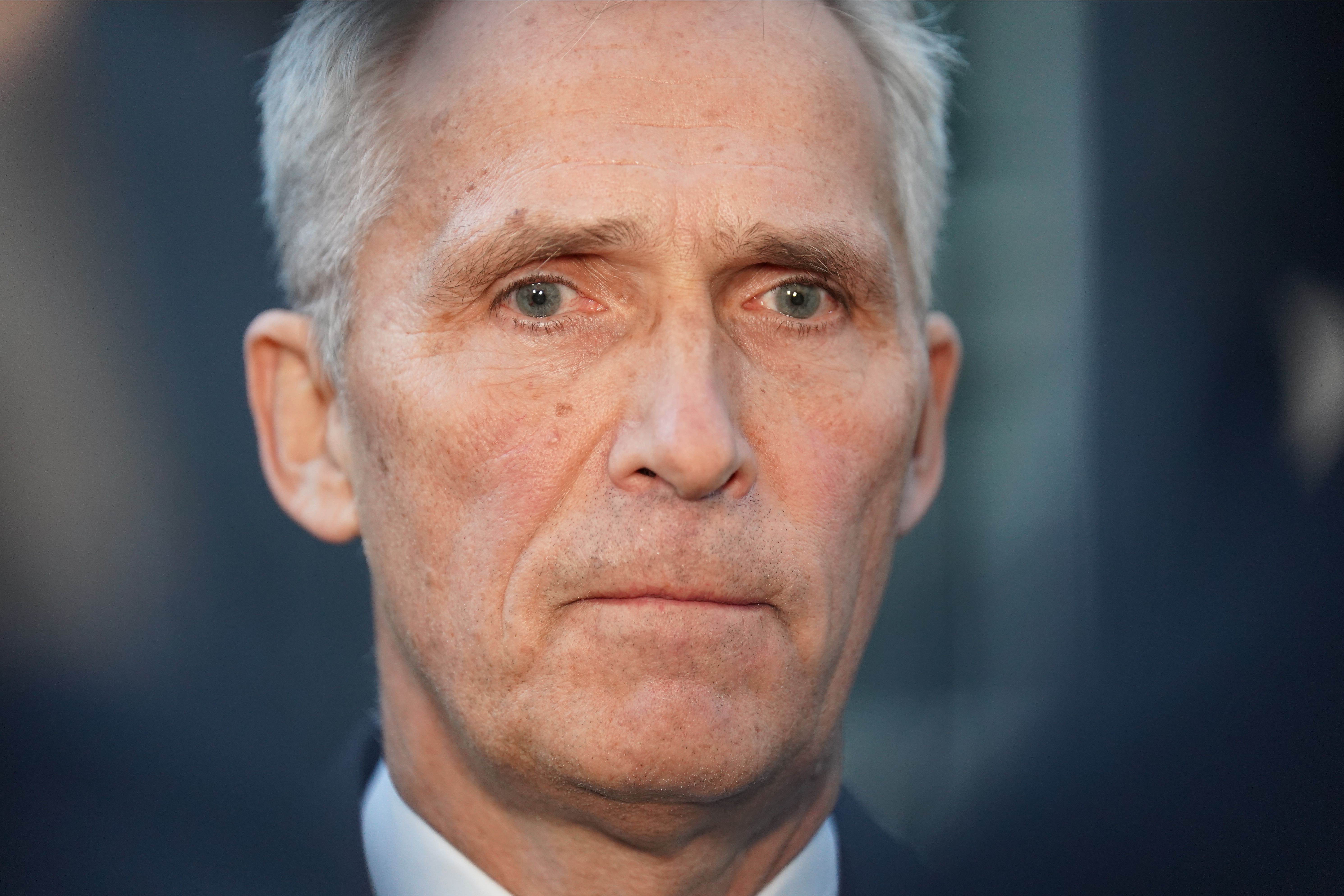Head of Nato visits Turkey as donations to UK charity appeal hit £84 million
Secretary general Jens Stoltenberg pledged ongoing support as he met President Recep Tayyip Erdogan and Foreign Minister Mevlut Cavusoglu on Thursday.

Your support helps us to tell the story
From reproductive rights to climate change to Big Tech, The Independent is on the ground when the story is developing. Whether it's investigating the financials of Elon Musk's pro-Trump PAC or producing our latest documentary, 'The A Word', which shines a light on the American women fighting for reproductive rights, we know how important it is to parse out the facts from the messaging.
At such a critical moment in US history, we need reporters on the ground. Your donation allows us to keep sending journalists to speak to both sides of the story.
The Independent is trusted by Americans across the entire political spectrum. And unlike many other quality news outlets, we choose not to lock Americans out of our reporting and analysis with paywalls. We believe quality journalism should be available to everyone, paid for by those who can afford it.
Your support makes all the difference.The head of Nato visited Turkey in a show of solidarity following the devastating earthquake as donations to a UK charity appeal providing aid in the region hit £84 million.
Secretary general Jens Stoltenberg pledged ongoing support as he met President Recep Tayyip Erdogan and Foreign Minister Mevlut Cavusoglu in Ankara on Thursday.
Describing the tragedy as the “deadliest natural disaster on alliance territory since the foundation of Nato”, Mr Stoltenberg said the bloc will continue helping to set up temporary housing and will deploy aircraft to perform medical evacuations.
Across Nato, ordinary citizens are raising millions of euros in support to Turkey. This is true and deep solidarity
“Thousands of emergency response personnel have been deployed to Turkey to support the relief efforts, including with search and rescue teams, firefighters, medical personnel and seismic experts,” he said.
“Nato allies continue to provide support; military aircraft from the Netherlands, Norway, the UK and the United States are working day and night to transport international aid to Turkey, and perform medical evacuations.
“Other allies like Albania, Canada and Germany are providing financial and other types of aid; and across Nato, ordinary citizens are raising millions of euros in support to Turkey. This is true and deep solidarity.
“I also welcome the contributions of our invitees Finland and Sweden, showing solidarity in action,” he said.
It came as the Disaster Emergencies Committee (DEC), a non-government organisation bringing together 15 UK charities, announced donations had reached £84 million in just six days.
DEC groups and their local partners have been providing food, water, shelter, and warm clothing – for children and families in both Turkey and Syria since the disaster.
The death toll of the earthquake is now believed to have surpassed 35,000 people in Turkey, according to Turkish president Recep Tayyip Erdogan.
UN officials have warned the number of people killed could exceed 50,000.
The international community must do all it can, as fast as it can, in order to prevent a second humanitarian disaster
James Denselow, head of conflict and humanitarian policy at Save the Children UK, said: “The earthquakes have had a devastating impact on some seven million children’s lives. Many have died, many have been injured, many more have lost family members, friends or their homes.
“Survivors are now facing a second disaster, left without adequate shelter, food, safe drinking water or sanitation facilities such as toilets and clean water in bitterly cold conditions.
“The international community must do all it can, as fast as it can, in order to prevent a second humanitarian disaster.”
Johan Mooij, World Vision’s Syria response director, said: “Syrian children are again at risk of being forgotten following the aftermath of this unimaginable crisis.
“It is not enough that they have suffered from almost 12 years of war and destruction, this massive earthquake has added another complexity to their young lives, in certain cases even taking their loved ones from them.
“It is urgent that we address the needs of unaccompanied children, to ensure they can still receive the care they desperately need in north-west Syria.”